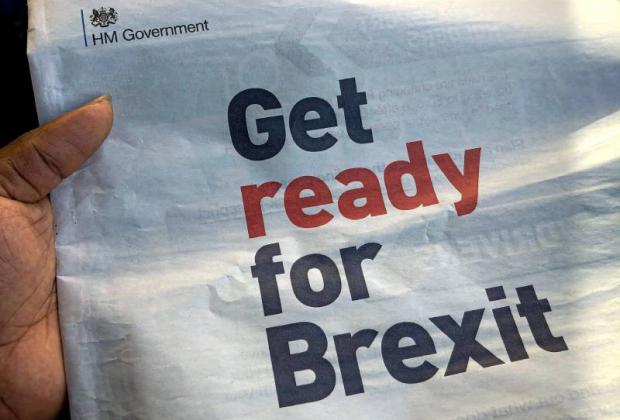
The Government’s decision to phase in implementation of post-Brexit regulations for imports and exports was designed to give companies time to adapt to the new requirements. With the second and third phases due to be phased in in April and June, the Government has now further helped in that adaption by launching a Brexit support fund for SMEs.
The fund provides a grant of up to £2,000 which SMEs can use to access training and professional advice in respect of exporting to and importing from the EU and Northern Ireland. It is intended, the Government say, to cover areas such as:
- The completion of customs declarations.
- Managing customs processes including software and systems.
- Understanding how VAT, excise and rules of origin requirements apply to imports and exports.
Launched on 11 February but due to open for applications in March, the SME Brexit Support Fund will be open for SMEs which have been established in the UK for at least twelve months and have not previously failed to meet tax or customs obligations. Even if an agent is used to complete customs and other declarations, SMEs can still apply provided they use the funds to build capability and understanding of import/export processes and requirements.
Commenting on the launch of the fund Allie Rennison, Head of Trade Policy at the Institute of Directors said: “This support package delivers on the IoD’s longstanding campaign to help SMEs access the professional advice needed in managing a suite of changes arising from Brexit.” The FSB and British Chambers of Commerce also signalled their approval with a BCC spokesperson saying: “This is a welcome first step in dealing with some of the major issues that small businesses trading with the EU are facing” whilst FSB Chair Mike Cherry called the announcement “very significant.”
Callagenix can also provide some advice to its customers which are looking to trade with businesses in the EU. We may not be able to help you to fill in customs declarations but we can discuss which telephony options might best suit your trading mix. Is it better to set up a single international number or would international regional numbers encourage potential customers to pick up the phone and call? Should businesses opt for international freephone numbers as a way of attracting contact? And when talking regularly with international clients or overseas offices could internet telephony (VoIP) save costs?
Then there are other considerations such as how best to stay in touch when visiting overseas offices or clients. Would call forwarding or answerphone messaging be the best option and how might caller pre-announce help business travellers to focus in on vital calls. And in these ongoing Covid times how could call conferencing help to build relationships and custom?
These may be small considerations but they all help to enhance the relationship which businesses can have with overseas customers or suppliers. As Michael Gove said in launching the fund, “together we will seize new opportunities available to a fully independent global trading United Kingdom.”